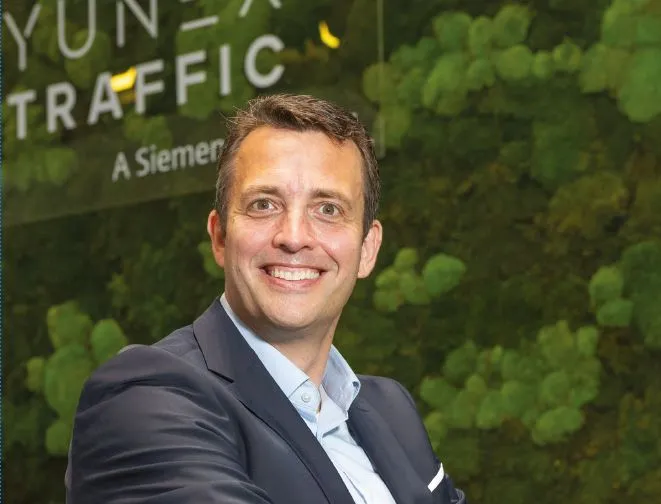
There’s nothing for it: we need to talk about Mobility as a Service (MaaS). The late Stephen Hawking’s publisher once told him that his readership would be cut in half for every equation he put in a book. Well, here goes nothing… One of the most famous equations in physics is Isaac Newton’s Second Law of Motion:
Force = mass x acceleration
With a little tweaking, I think we could apply this to the current state of urban roads throughout the world. After all, acceleration is what we dream of when sitting in a jam – and MaaS has the ability to be a force for real change in transportation. Oh, please yourselves. But consider this: the latest MaaS Market conference was held in Atlanta – the fourth-most congested city in the US, where drivers spend 70 hours of each year in peak-time queues. What a spirit-sapping waste of time that is. Things don’t have to be like that. However, rather than promoting MaaS migration, we could simply carry on organising our transport systems in the same old ways. It is very easy to repeat the mistakes of the past – it’s comforting, even. Developments such as autonomous vehicles are exciting. However, they do not magically clear congested streets - they may even do the opposite. There is also no point demonising the car: it has a part to play. No-one but a zealot pretends there is a single answer to any mobility problem that cities face - and there are no zealots among ITS International readers, all of whom are sensible people. But MaaS is a major new tool in the ITS box of tricks, and represents something genuinely different. It would be stupid to ignore it.










